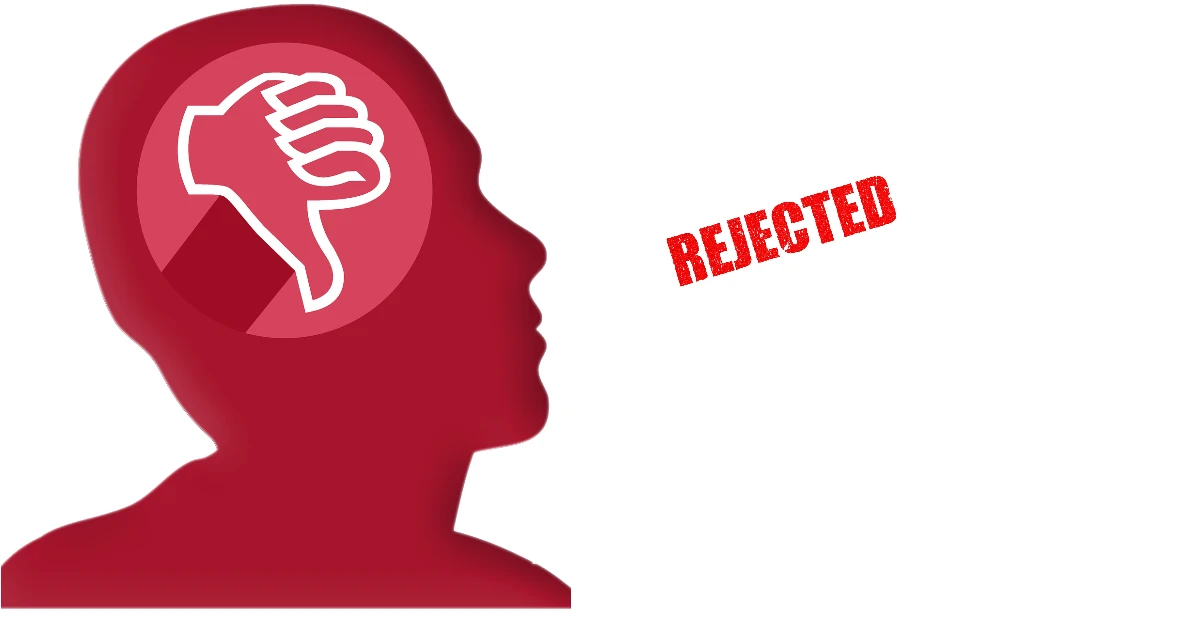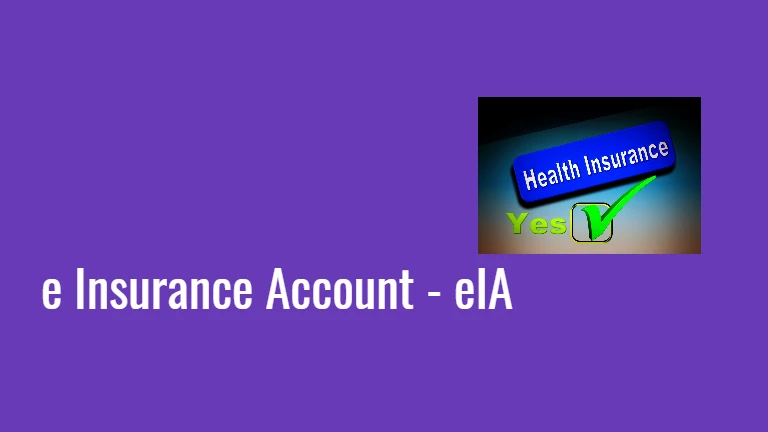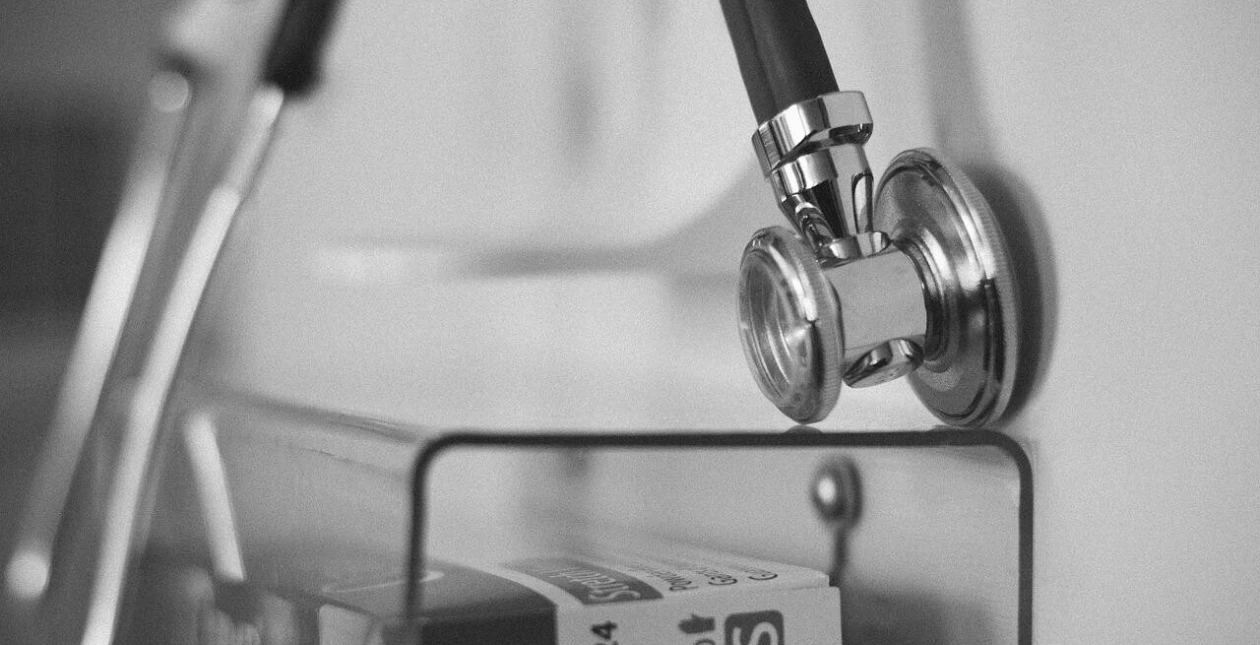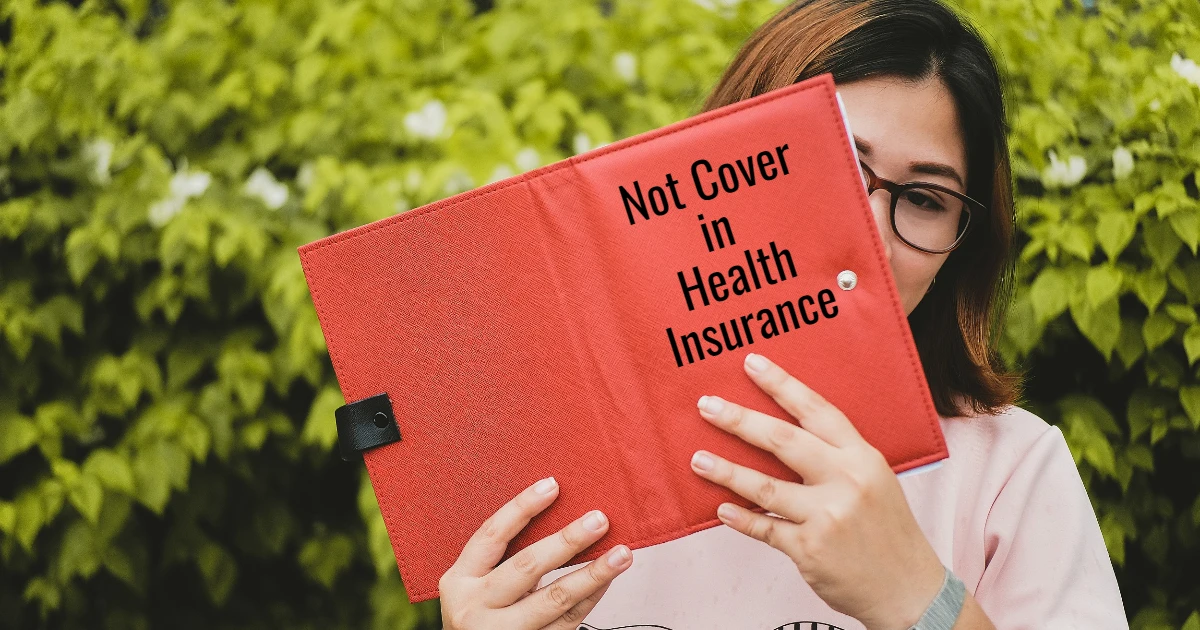Health insurance is among the best methods to ensure medical bills from illness, surgeries or accidents are protected.
What happens if your medical claims are rejected? What can you do to avoid this scenario?
Here are some reasons that your health insurance claims could be rejected.
1. Incomplete Claim Information
If there’s an unintentional mistake made while filling in the form such as the information about income, age, occupation details or any other details requested during the application, it could result in not only an rejection of the claim but also the end of the policy.
Paperwork errors – For example, submitted claim for husband, but policy number enter wife’s policy no. Family Floater Plan create every person separate policy number.
2. Missing Details
There was insufficient information provided with the claim or pre-authorization request.
For example, you have requested an MRI of your leg, but your health provider didn’t send any information about what was wrong with your leg.
3. The non-disclosure of medical information
When an insured person hides their medical history, there is a higher chance that their health insurance claim will be denied.
The health insurance companies do not provide coverage for pre-existing illnesses like diabetes, high blood pressure and others.
4. Lapsed Policy
Many people put off renewing their health insurance policies. If the policy expired due to non-payment of the premium and claimant’s claims were not paid during that period that will result in the rejection of claims.
To be able to claim successfully your health insurance policy needs to be valid and not expired.
5. Delay in filing the insurance claim
Health insurance claims may be denied in situations in which the policyholder, or relatives of the policyholder file the claim after the time period.
Most claims must be processed within 7 to 15 days following discharge from the hospital.
6. Pre existing diseases
Along with the exclusion of diseases that pre-exist for a certain time in addition, there are other exclusions are also included with some plans.
Insurance policyholders are usually not studying other exclusions in the terms and conditions that define the various exclusions.
Some health insurance plans do not cover any diseases you already might have while buying the policy
Certain exclusions include injuries or accidents resulting from to being under an influence from alcohol.
7. Waiting period
There is a mandatory waiting time of at least 30 days following the purchase. In the event that a policyholder submits a claim within this time this could lead to claims being denied.
8. Hospital Stay
If you are not hospitalized for a minimum 24 hours and are discharged early by the hospital, policy claim might be rejected.
9. Policy Period
The health insurance policy is typically valid for one year. When one year, the policy becomes expires. This means that you must renew the policy.
For instance, you could have to pay a lower cost. However, if you don’t renewal your health insurance plan the policy will expire.
If you do not know the policy has expired and you make claims, they will be rejected. Therefore, you should be sure to verify the expiry date on the health insurance plan.




